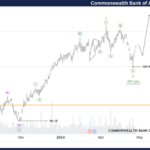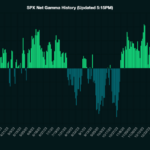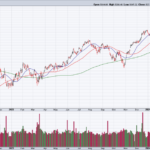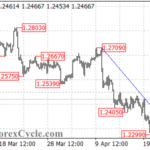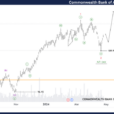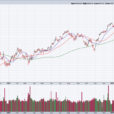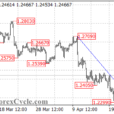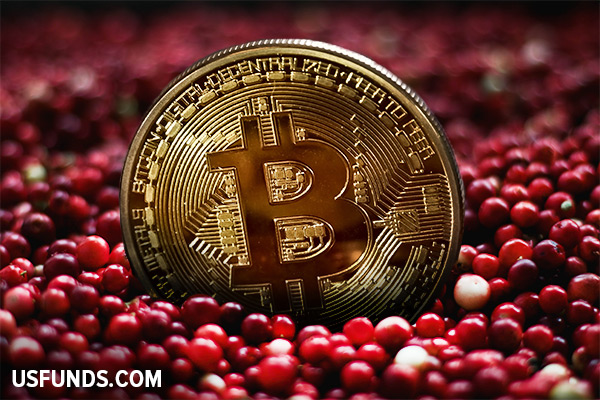
Football is as much a part of Thanksgiving as turkey and family are, and nearly as old as the holiday itself. It was President Abraham Lincoln who proclaimed Thanksgiving a national holiday in 1863, saying that he hoped all Americans would carve out some time to bless the “widows, orphans, mourners or sufferers in the lamentable civil strife in which we are unavoidably engaged.”
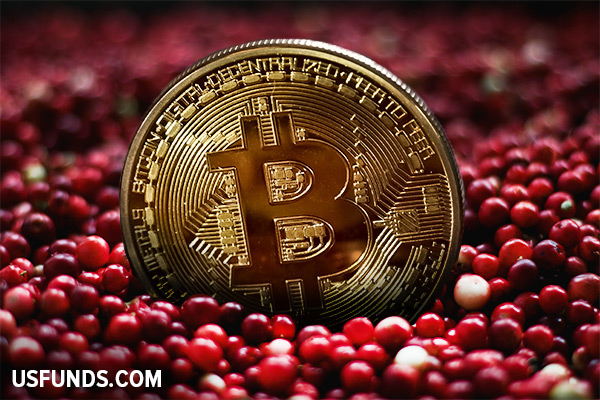
In 1876, a little more than a decade after the end of that “civil strife,” students from Yale and Princeton met in Hoboken, New Jersey, to play what is believed to be the first football game held on Thanksgiving Day. Yale ended up besting its fellow Ivy League competitor, two “goals” to zero.
At the time, “football” still more closely resembled rugby than the sport we enjoy today. But a tradition was born. On subsequent Thanksgivings, the Yale-Princeton matchups generated so much cash in ticket sales that they funded the two universities’ athletic programs for the rest of the year.
The model was such a success that the National Football League (NFL) made sure to carry on the tradition upon its founding in 1920. Professional football has been played on Turkey Day ever since, except for those in the years from 1941 to 1945.
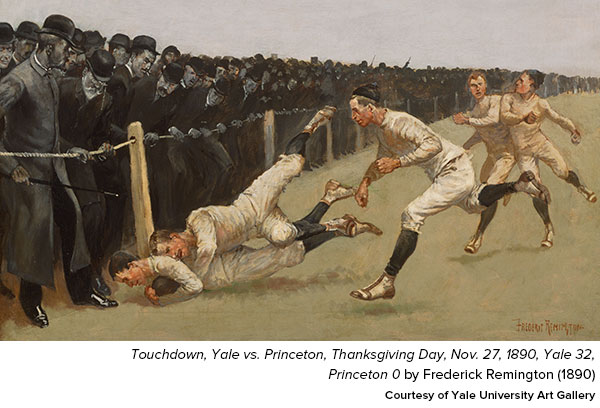
The Cost of Thanksgiving Just Came Down for the Third Straight Year…
For most families, football comes second to the real Thanksgiving pastime—eating. But unlike ticket prices for an NFL game, which have gone up about 50 percent in the past 10 years, the cost of enjoying a Thanksgiving meal got slightly cheaper in 2018.
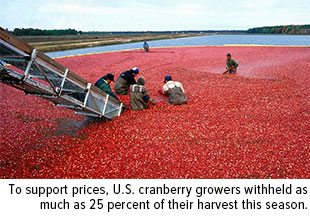
According to the American Farm Bureau Federation (AFBF), the cost of a typical Turkey Day feast for 10 people deflated about $0.22 from last year to $48.90. That’s the third straight year of declines and the lowest level since 2010.
More affordable energy and an oversupply in the turkey market contributed to lower food prices, as did the trade dispute between the U.S. and China. You would think that tariffs on Chinese products would raise prices, but as the Wall Street Journal explains, “China’s retaliatory moves are having the opposite effect.”



